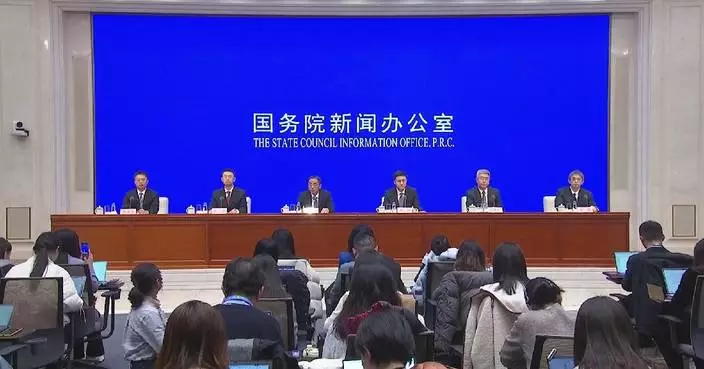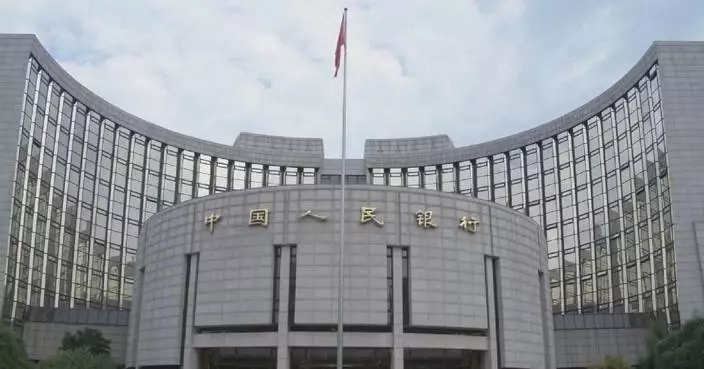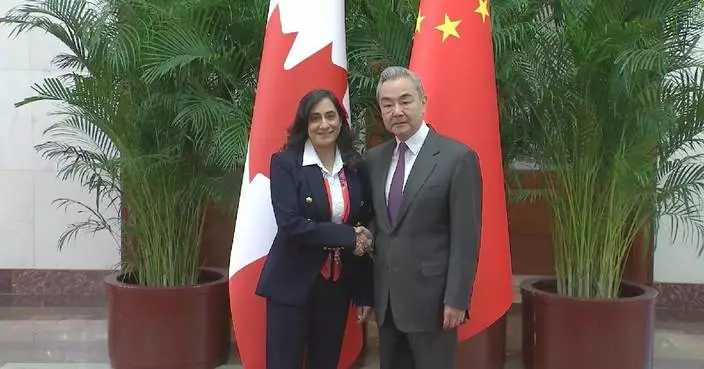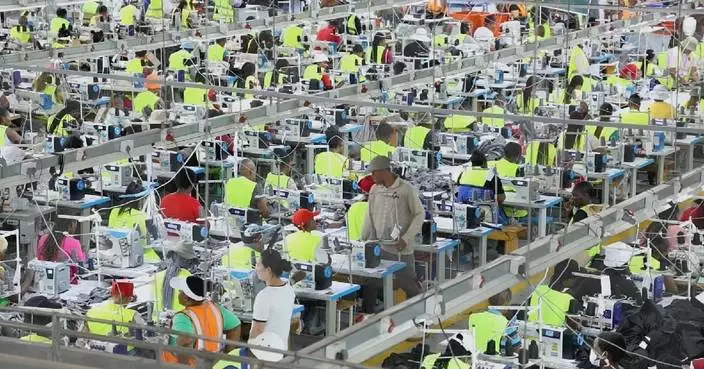While other Southeast Asian countries grapple with the effects of new U.S. trade restrictions, Jakarta is welcoming Chinese solar investments and pushing fast-tracked reforms to become the region's next solar powerhouse.
In an exclusive interview with China Global Television Network (CGTN), Putra Adhiguna, managing director of Energy Shift Institute, praised the move, noting that Chinese investment can accelerate Indonesia's solar transition. However, he emphasized that the country must also build its own capacity to develop solar energy independently in the future.
"China is a natural partner for solar production because they're the leader in technology, capital deployment, and everything else, which means that (for) Indonesia, as a big country in Southeast Asia, the natural partner is actually China. So it's a step in the right direction because if Indonesia is going to grow a lot of renewables, it needs domestic solar panels. It cannot only rely on solar panels imported from China alone," he said.
Over the past 18 months, at least four solar projects linked to Chinese companies have begun operations in Indonesia.
The Indonesian government says it is now focused on creating a business-friendly environment to accelerate the country's transition to clean energy.
As part of these efforts, the government has reduced the local material requirement from 40 percent to just 20 percent, opening the door for more foreign investment.
"We have a commitment that we will increase the percentage of new and renewable energy to support Indonesia's economic growth up to 70 percent. So, we translate it into different (multiple) strategies. One of the strategies is to invite investment. Why this is important? Because Indonesia realizes that Indonesia doesn't have the capacity yet to develop its own renewable energy," said Leonardo Adypurnama, deputy for food, natural resources, and environment at Indonesia's Ministry of National Development Planning.
Adypurnama said Chinese investment remains a crucial step in upgrading Indonesia's solar industry.
Until now, Indonesia's solar market has primarily relied on assembly facilities that use imported parts. This investment aims to change that by establishing factories capable of locally manufacturing and supplying solar panels.
However, the real challenge will be whether Indonesia can stimulate local demand while avoiding entanglement in the ongoing global trade battle.
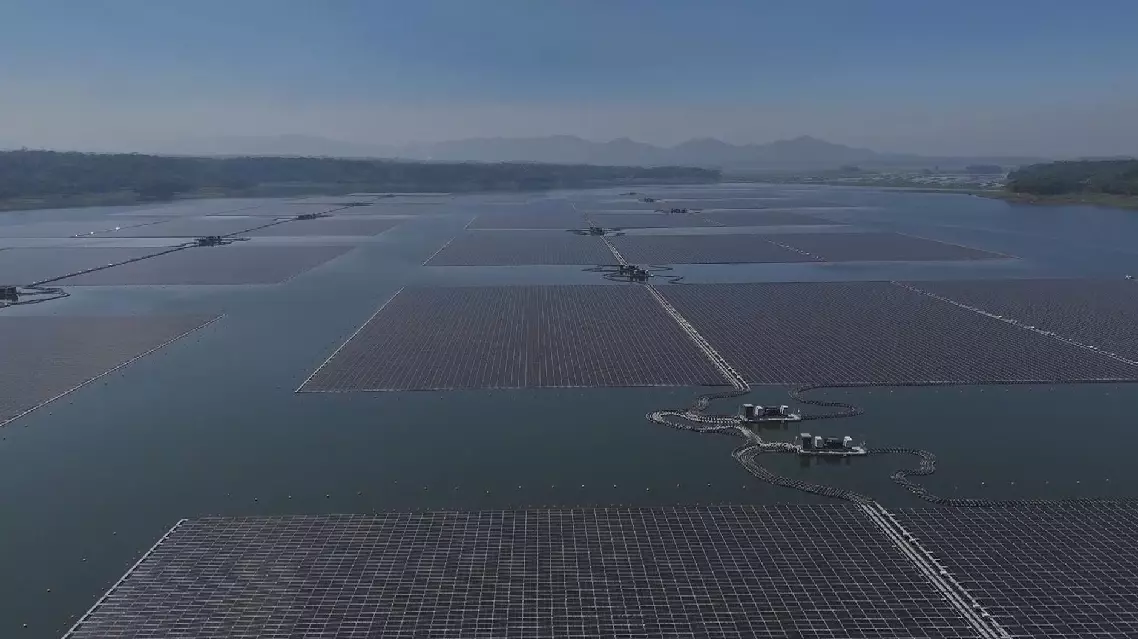
Chinese investments poised to transform Indonesia's solar industry
A former television host from Taiwan, Zhai Xuan, has made a pivotal decision to leave mainstream broadcasting in order to create content that provides a better understanding of the Chinese mainland and cross-strait relations.
Zhai, a seasoned television host with over a decade of experience in Taiwan's media landscape, recently addressed an audience at an event in Beijing, where she revealed her complete transition into independent online media.
In her remarks, she articulated her aspiration to bridge what she perceives as a significant information gap between audiences on both sides of the Strait, highlighting her commitment to fostering a deeper understanding and connection through her new endeavors.
"I was really surprised by all the fake news. There were stories saying people on the mainland can't afford tea eggs or that they live in mud houses and in Taiwan, this was the main information many people received," said Zhai.
Zhai said she initially began producing online videos to challenge such perceptions while continuing her work as a television host.
In April 2025, she travelled to the mainland with her father to fulfill her late grandfather's wish to return to his hometown. The trip, which reunited family members separated since 1949, was recorded in a video series titled "Journey to Find Our Roots", drawing attention from viewers in both Taiwan and the mainland.
"Many people in Taiwan told me that after watching, they wanted to apply for a mainland travel permit immediately and go looking for their relatives. Some had long forgotten these things, but after seeing my story, they began thinking about their hometowns and family members they had never met and decided to search for their roots," Zhai shared her story at the event.
By mid-2025, Zhai said she began to feel increasing pressure amid rising political tensions and a tightening atmosphere around cross-Strait exchanges in Taiwan.
After more than 12 years in the industry, Zhai resigned from her position, believing it was the right thing to do.
"At that moment, I felt this was a major issue,not just for me, but for Chinese people on both sides of the Strait. If I backed down then, I wouldn’t be standing on the right side," said Zhai.
Since leaving television, Zhai has broadened her online programming to encompass a range of daily-life topics, including practical guidance on applying for a mainland travel permit and using commonly employed mobile applications, in addition to content that delves into historical memory and cultural connections across the Strait.
As the debate over cross-Strait relations continues in Taiwan, Zhai said she remains committed to her current path.

Former Taiwan TV host bridges cross-Strait divide via online media




